Causes of Sneezing in Cats (Reasons to Be Concerned)
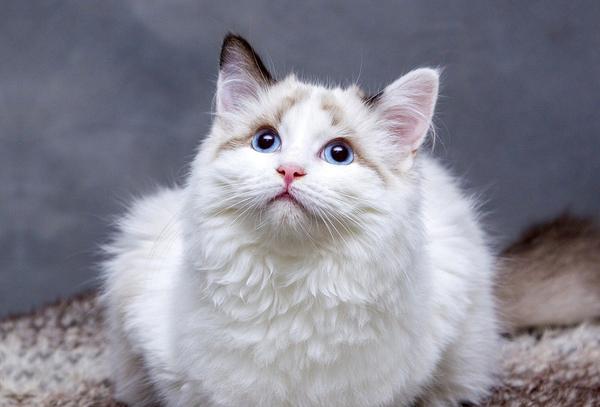
Imagine this:
You're cuddled up with your beloved feline friend, when suddenly they let out a big sneeze 😺.
Panic rises within you.
Could it be a serious health issue?
Don't fret, my concerned cat lover.
Let's uncover the truth together.
Keep reading!
Health Concerns Associated With Cats Sneezing
Recognizing symptoms of underlying health issues
When your cat starts sneezing, it could be due to something simple like an environmental irritation or a more serious health issue. Pay close attention to any additional symptoms your cat may have, such as discharge from their nose or eyes, lack of energy, or loss of appetite.
If you notice these signs, you must take your cat to the vet for a check-up.
Importance of regular veterinary care
To keep your furry friend healthy, you need to schedule regular check-ups with your vet.
Chronic sneezing might indicate an immune system disorder, like Feline Immunodeficiency Virus (FIV) or Feline Leukemia Virus (FeLV).
Make sure to consult your vet for proper diagnosis and treatment if needed.
Taking preventive measures and seeking appropriate treatment
Prevention is key in keeping your cat healthy!
Ensure that your cat receives regular vaccinations to protect against viral infections that can cause sneezing.
Don't forget about dental care!
Dental issues can sometimes lead to respiratory symptoms.
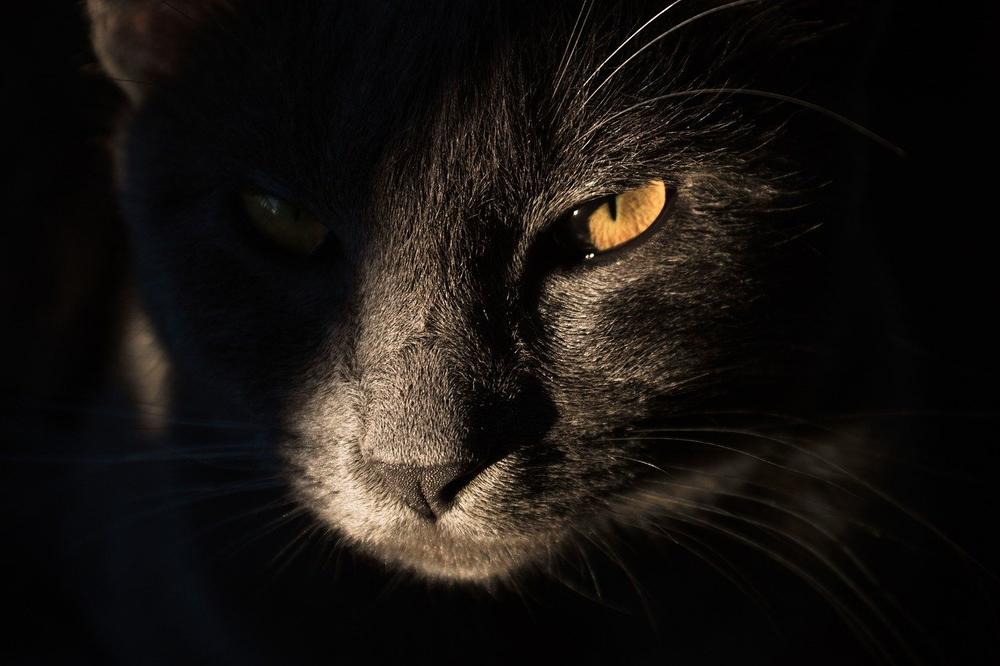
If your cat has been sneezing a lot or you notice blood in their sneeze, you need to monitor their health and seek professional advice.
Your vet will provide suitable treatments depending on the underlying cause, which may include allergy medications, antibiotics, dental treatments, removal of foreign objects using x-rays, or even cancer treatments if necessary.
Detecting potential problems early on allows for successful treatment and ensures a happy, healthy cat.
And while we're on the topic of cat health, I had one more thing I wanted to share with you.
You know, sometimes you might notice that your cat's nose feels cold, and you might wonder if that's normal.
For answers to all your questions about cat noses and their temperature, you should definitely check out my blog postWhy Is My Cat's Nose Cold.
It's a helpful guide that explains everything you need to know to put your mind at ease.
So go ahead and give it a read, it's really informative!
Risk Factors and Management of Feline Upper Respiratory Infections
Feline Upper Respiratory Infections (URIs) can be a serious issue for cats, especially in certain environments.
So here are some key things to know about the risk factors and management of Feline URIs:
- Stressful environments like overcrowded shelters or homes with poor ventilation increase the risk of URIs.
- Kittens, elderly cats, unvaccinated cats, immunosuppressed cats, and cats in group settings like shelters are at higher risk.
- Feline herpes is a common cause of frequent sneezing in cats.
- Diagnosis involves checking the medical history and conducting a physical examination, potentially including procedures like rhinoscopy and nasal wash.
- Treatment options vary from humidifying the air and cleaning nasal passages for milder cases to hospitalization and IV fluids for severe cases.
- Complications of untreated URIs can include pneumonia and chronic breathing issues.
- Vaccinations against feline herpesvirus and feline calicivirus can effectively prevent viral infections.
Keeping your cat's environment stress-free and ensuring proper vaccinations are important steps in managing Feline URIs.
So take good care of your furry friend!
Chronic Sinusitis in Cats
Cats often have chronic sinusitis, which happens after upper respiratory infections. And even after the infection is gone, they keep sneezing.
The symptoms of this condition include a lot of sneezing, a blocked nose, snot, and face pain.
This can mess up their nasal cavity and make these symptoms stick around for weeks or months.
But don't worry, there are treatments for your cat's chronic sinusitis.
Your vet might flush out their nose to get all the gunk out.
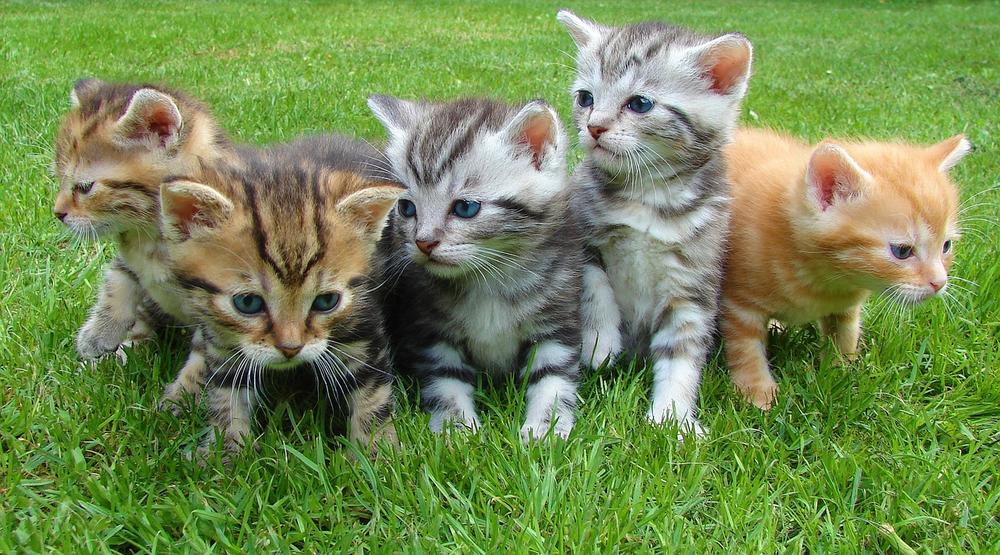
They might also give them antibiotics to beat any bacterial infections hanging around.
And sometimes, they'll use steroids to bring down the swelling and clear up their airways.
There's no cure, but your cat needs regular help from the vet and medicine to feel better.
By teaming up with your vet, you can make your cat more comfortable and improve their life. 😺
But did you know that sneezing in cats can also be caused by allergies?
Let me tell you more about it!
Allergies in Cats
Dealing with allergies in cats can be tricky.
They cause all sorts of symptoms like sneezing, itching, watery eyes, and coughing.
You need to find out what triggers your cat's allergies.
Here are some things to watch out for:
- Insect allergies: Flea bites can trigger allergies in cats. Keep your furry friend protected from fleas.
- Food allergies: Some ingredients in your cat's food can cause allergic reactions. Try an elimination diet to figure out what they're sensitive to.
- Environmental allergies: Pollen, dust mites, and mold spores can make cats sneeze. Keep your home clean and get an air purifier.
- Irritants: Substances like tobacco smoke, litter dust, and cleaning sprays can irritate your cat's nose. Avoid exposing them to these irritants.
Once you know the trigger, talk to your vet for a personalized treatment plan.
This could involve medications, special diets, or even immunotherapy shots.
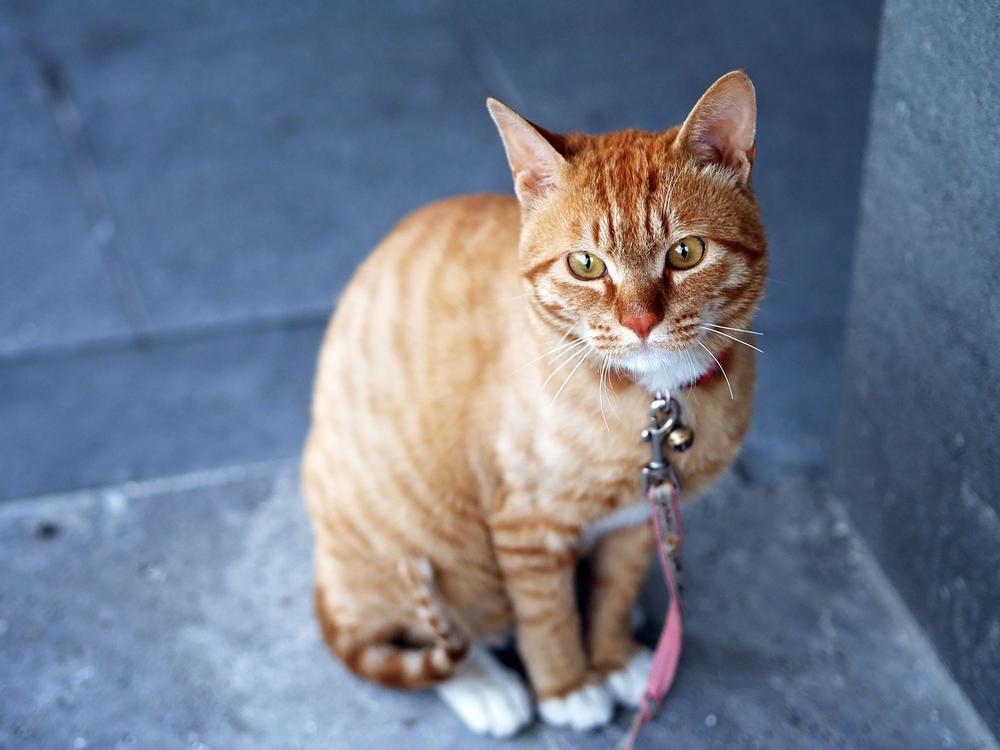
Every cat is different, so you have to diagnose and manage their allergies properly. 🐱
Now that we've covered the various causes of allergies in cats, you may be wondering if there are other reasons your feline friend experiences sneezing fits.
Well, here's something fascinating...
Foreign objects in their nasal passages can lead to intense bouts of sneezing and even more distressing symptoms.
Let me share some intriguing information with you about how grass blades, small seeds, or even dental issues might be responsible for those persistent sneezes!
So, let's dive right into it and explore these potential culprits further...
Foreign Objects in the Nasal Passages
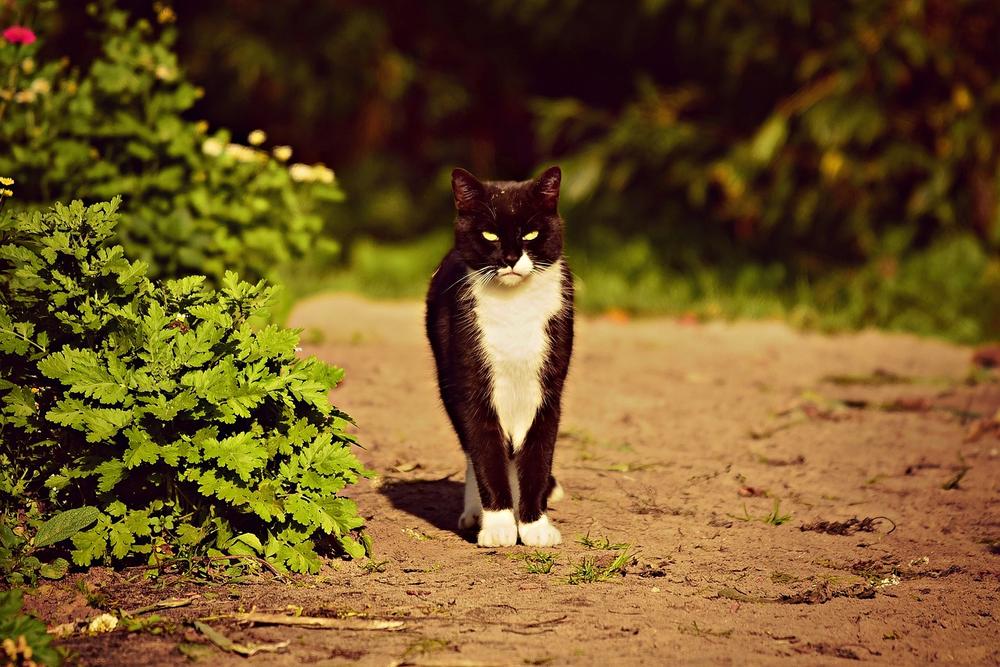
If you think your cat has something stuck in its nose, here's what you need to do:
- If your cat sneezes excessively, that should get your attention.
- Look out for coughing or trouble breathing.
- Don't waste time - call the vet right away.
- A blockage in their airways could be deadly.
- It could be tiny plant bits or seeds causing the issue.
- Persistent sneezing might also be caused by tooth infections.
- Nasal tumors are another potential culprit.
- Fungal infections, although rare, can also affect cats' noses.
- The vet will thoroughly examine your furry friend.
- Treatment options might involve removing the foreign object or giving medication.
Nasal Irritants in Cats
Using certain types of cat litters, the kind with potent perfumes or a dusty texture, too much can make your kitty sneeze all the time.
Chronic sneezing in cats has many causes:
Dust, pollen, strong chemicals, and odors that they can't stand.
Sometimes it's just their normal behavior, or maybe it's in response to irritants and allergens lurking in their noses, like candles, litter boxes, or cleaning products.
Not all sneezes are equal.
Some are harmless everyday affairs, while others might be signs of bigger problems. Pay attention to your feline friend and see if their sneezing gets worse or lasts longer than usual.
Final Thoughts on Cats and Sneezing
Summary:
- Cats may sneeze due to various reasons, but certain symptoms may signal an underlying condition that requires veterinary care.
- Kittens experiencing sneezing and other symptoms should be taken to a vet, and regular check-ups are crucial for overall cat health.
- Consulting a veterinarian is recommended when unsure about a cat's sneezing, as most causes can be successfully treated with proper care.
- Monitoring a cat's health and looking for related symptoms is necessary when they have been sneezing.
- Seeking veterinary attention is important for continuous or severe sneezing, blood in the sneeze, or other signs of illness.
- Regular vaccinations are essential to protect against viral infections causing sneezing, and dental care can prevent respiratory symptoms.
- Cats with cancer may experience sneezing along with other symptoms, and treatment options for sneezing depend on the underlying cause.
- Feline upper respiratory infections (URIs) are a common cause of sneezing, especially in kittens, elderly cats, and unvaccinated cats.
- Diagnosis of URIs involves evaluating medical history and conducting physical examinations.
- Allergies, foreign objects, and irritants can also cause sneezing in cats.
And that wraps up today's article.
If you wish to read more of my useful articles, I recommend you check out some of these: Cat Without Whiskers, Do Pregnant Cats Sleep a Lot, Pregnant Cat Breathing Fast, Pregnant Cat Vomiting, and Is Majesty Palm Toxic to Cats
Talk soon,
-Sarah Davis